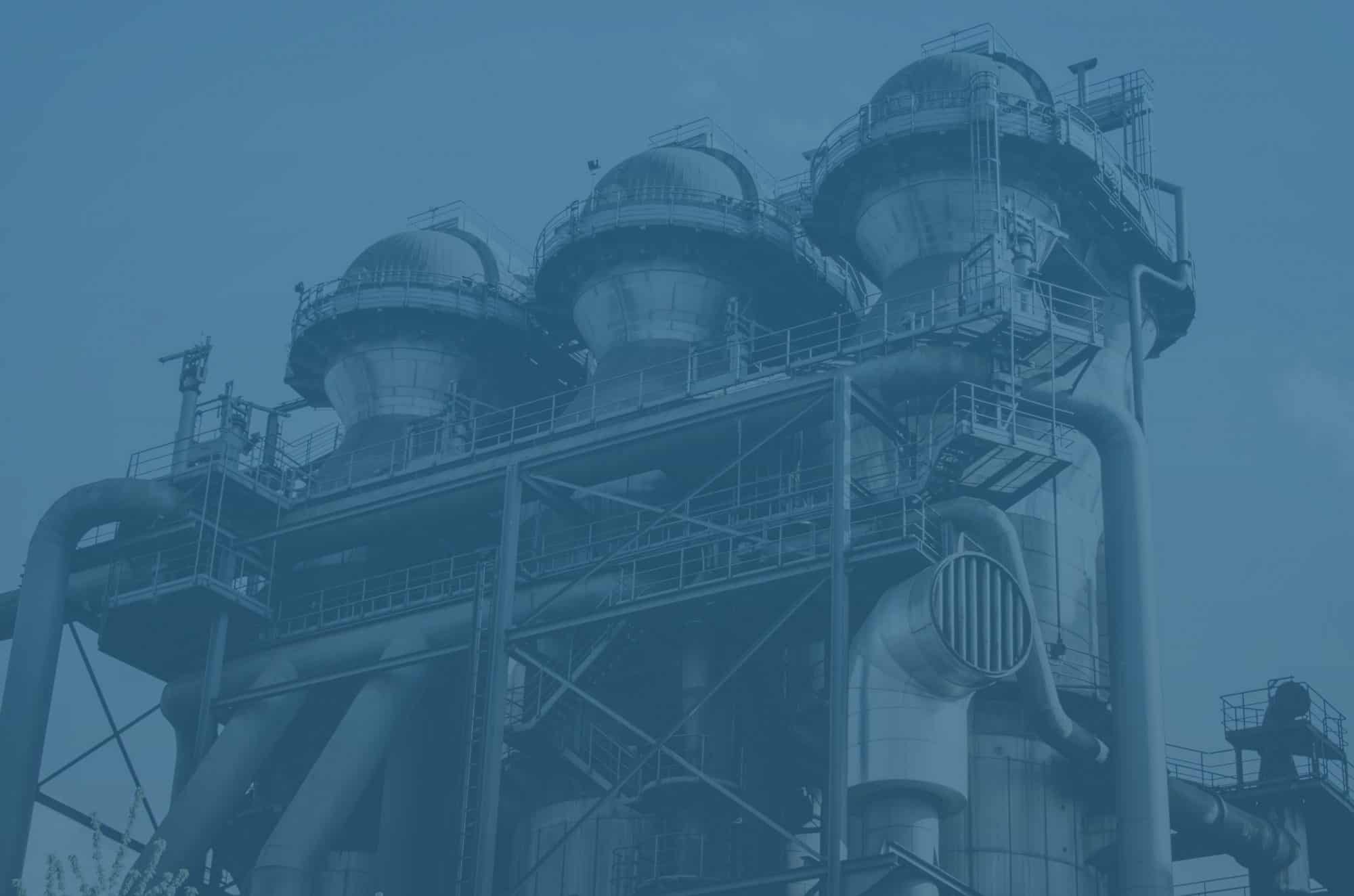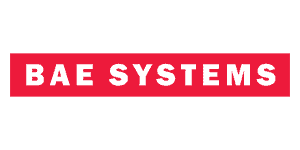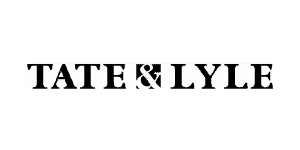The problem with noise in industrial settings is that it can cause a lot of damage. It can harm people, the wider environment, and even sensitive equipment on the site. In order to prevent this, you need to use an attenuator. Another name for these installations is silencer. Using special acoustic modelling software, we can create the perfect designs for your facilities.
Attenuators have been around for a while. However, there is still some confusion surrounding them. For people to understand just how important they are, we feel that it is necessary to discuss them in more detail. To that end, in this post we will be going over three of the questions people ask about them.
What are they?
We will start by going over what they are. In the most basic sense they are products with an inner lining of a material that can absorb sound waves. When the sound moves through the attenuator, it will get absorbed into the insulation. That reduces the noise.
One thing to note is you can’t treat these products as standard parts of a ductwork set up. Instead, through the procedure of installation, handling, and transportation, you must deal with them as specialist items. It will help you to get the best results.
What happens to the absorbed noise?
The noise that gets absorbed into the insulation in an attenuator is held and transformed into heat energy. This can then release over time. It is a safe and effective way to tackle the problem. Some designs can even make use of the heat for secondary processes.
Where to use them
Attenuators typically work best if you install them close to the source responsible for creating the noise. Often this is a fan or a motor. You are best off installing the attenuators behind your fans. They can be fundamental parts of every ventilation system, so definitely worth the investment.
Let us design your attenuator
At Ventx, we make it a point to design our products in the correct ways. Failing to do so would cause them to undermine your existing systems. No two attenuators are the same either, as each customer has their own requirements.
So, if you need our assistance with noise reduction, feel free to contact the team. We can discuss options with you, including different types of attenuator and silencer. At the end of the day we will deliver items that offer high quality results.









